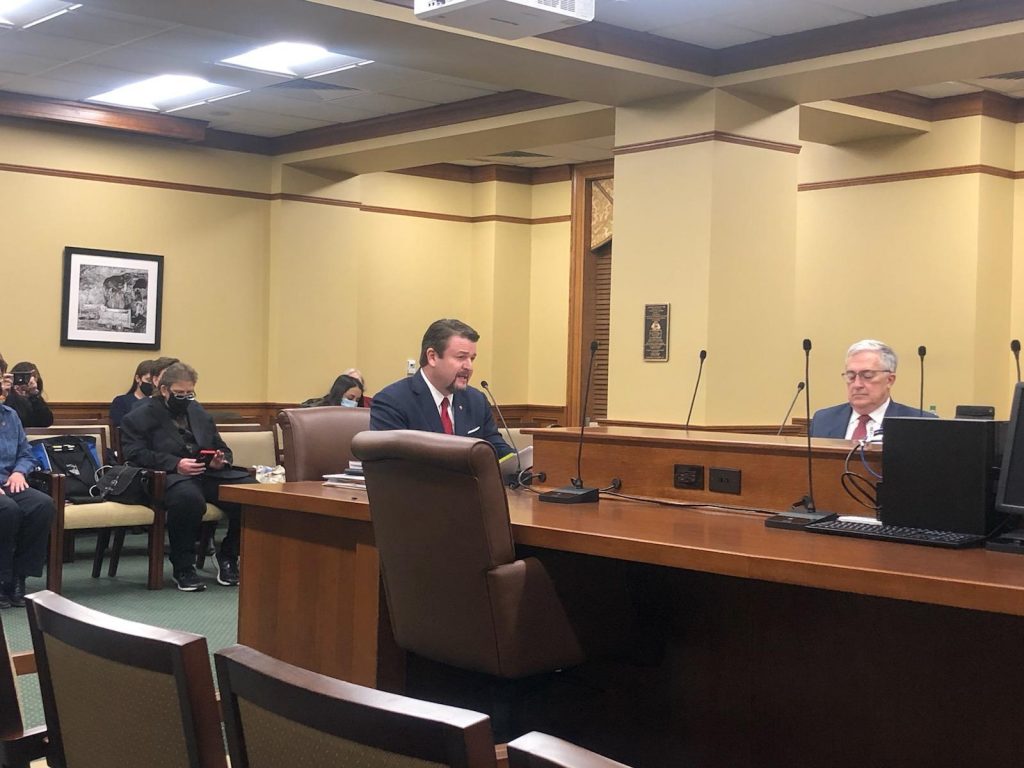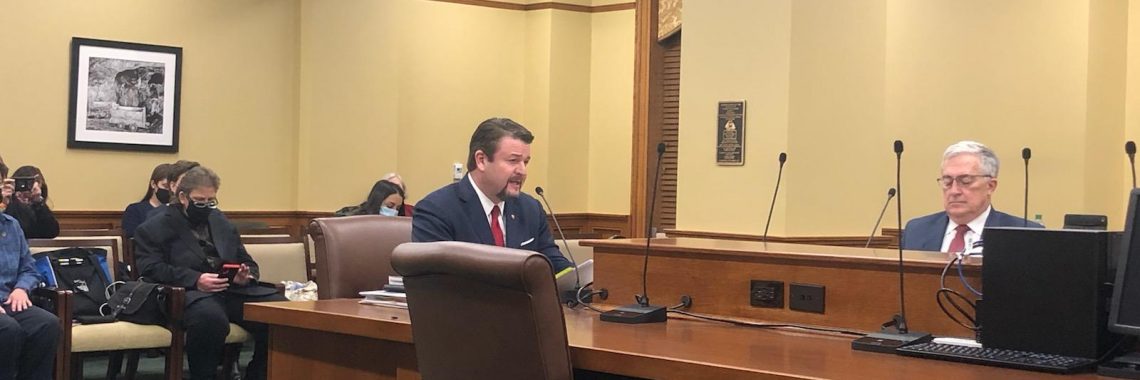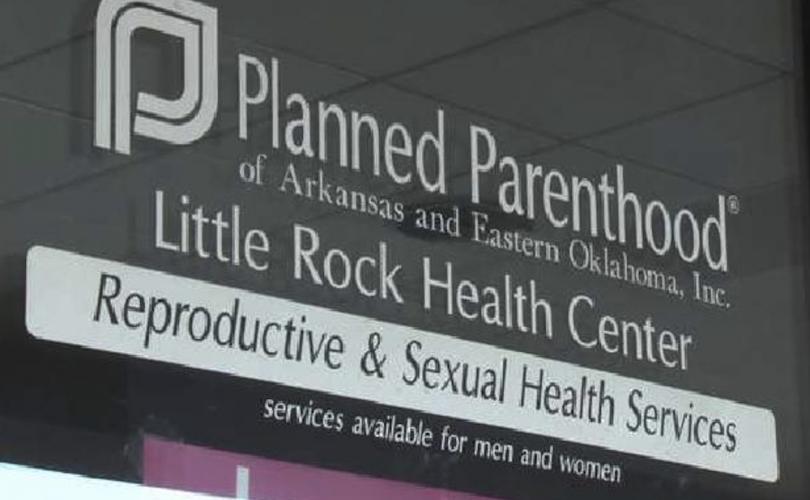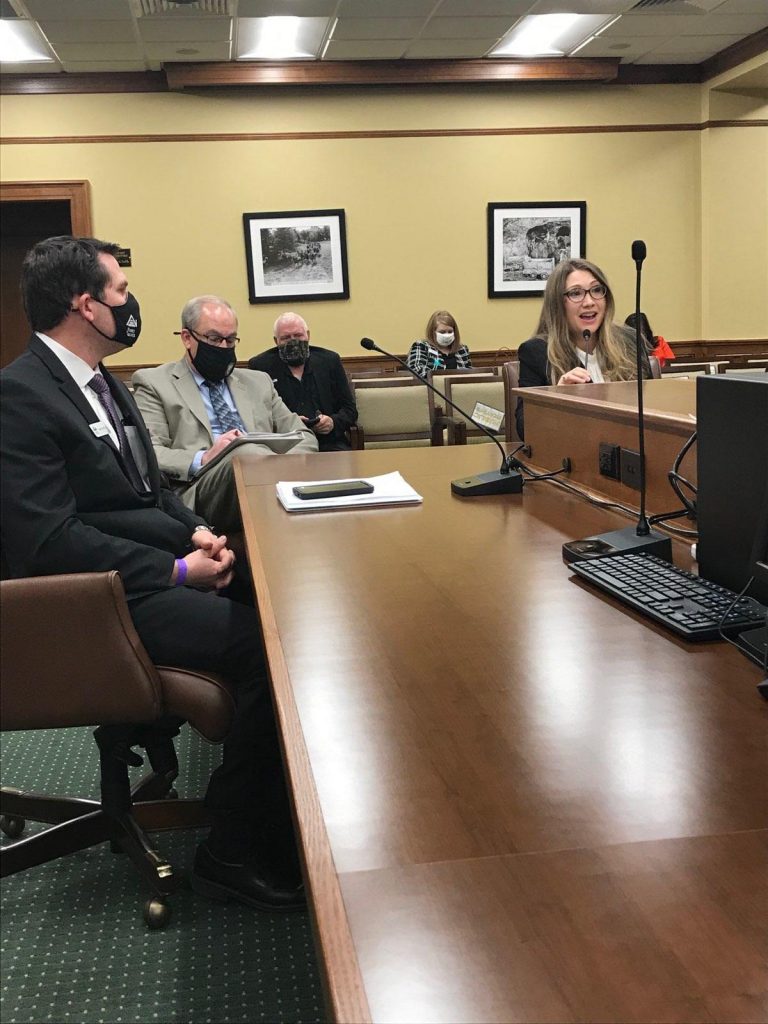Senate Public Health Committee Advances Bill to End Abortion in Arkansas

On Wednesday the Senate Public Health Committee advanced S.B. 6 by Sen. Jason Rapert (R – Conway) and Rep. Mary Bentley (R – Perryville) on a unanimous voice vote.
If enacted, this good bill would prevent abortion in Arkansas except in cases when the mother’s life is at risk and give the U.S. Supreme Court an opportunity to overturn Roe v. Wade, Doe v. Bolton, Planned Parenthood v. Casey, and other pro-abortion decisions.
Family Council fully supports the passage of this good measure. This is an opportunity for Arkansas to be a real leader in the effort to end abortion in America.
Many people have been saying for almost fifty years that abortion should be illegal. The time has come for us to make it so.
Several pro-lifers, including Rose Mimms of Arkansas Right to Life, testified in favor of the bill in Wednesday’s committee meeting.
Members of the Arkansas Abortion Support Network testified against the bill.
S.B. 6 now goes to the entire Arkansas Senate for consideration; most of the members of the Arkansas Senate are co-sponsoring this good bill.





